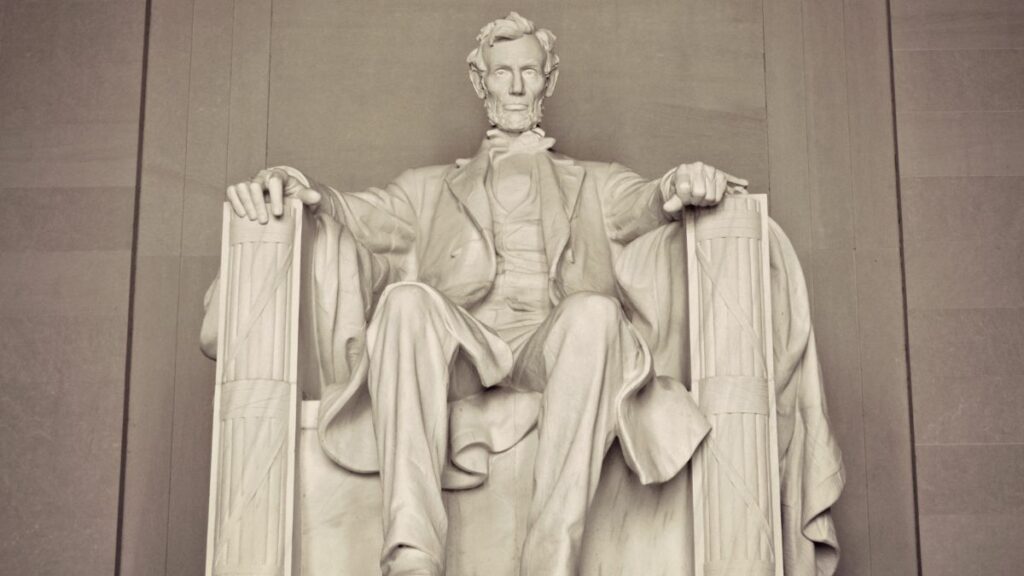If our sixteenth president were to join us on July 4, 2020, what would he say? Knowing what he said at Gettysburg, I could see him likewise telling us that “our fathers brought forth, on this continent, a new nation, conceived in liberty, and dedicated to the proposition that all men are created equal.” I could also imagine him adding, still quoting from the immortal document that gave birth to our nation, that “all men are… endowed by their Creator with certain unalienable Rights,” including “Life, Liberty and the pursuit of Happiness.”
I suspect he might explain, in words similar to those of Princeton Professor Robert George, that the Declaration of Independence “teaches us [that] prior to any laws made by men are the immutable standards of justice—standards by which we judge whether the laws are just and can rightfully command our obedience.” Lincoln might then quote his hero, George Washington, who cautioned that “the propitious smiles of Heaven, can never be expected on a nation that disregards the eternal rules of order and right, which Heaven itself has ordained,” and might possibly add something close to Attorney General William Barr’s recent observation that “the challenge we face is precisely what the Founding Fathers foresaw would be our supreme test as a free society”— whether we “could maintain the moral discipline and virtue necessary for the survival of free institutions.”
The impact of our appalling Supreme Court decisions affecting the unborn, marriage, and religious liberty would surely not escape the notice of Lincoln the lawyer, who might well proclaim what he once proclaimed to his colleagues during the dark days of the Civil War: “We have forgotten God. We have forgotten the gracious hand which preserved us in peace, and multiplied and enriched and strengthened us; and we have vainly imagined, in the deceitfulness of our hearts, that all these blessings were produced by some superior wisdom and virtue of our own. Intoxicated with unbroken success, we have become too self-sufficient to feel the necessity of redeeming and preserving grace, too proud to pray to the God that made us!”
Finally, I would expect Lincoln the leader to show us the way back to safety and success, as he did with the citizens of his day: “It is the duty of nations as well as of men, to own their dependence upon the overruling power of God, to confess their sins and transgressions, in humble sorrow, yet with assured hope that genuine repentance will lead to mercy and pardon…. It behooves us then, to humble ourselves before the offended Power, to confess our national sins, and to pray for clemency and forgiveness.” He might even mention Benjamin Franklin’s warning when asked what form of government the Constitutional Convention had created— “A republic, if you can keep it”— and then rally us, as he did those at Gettysburg, to “highly resolve that… this nation, under God, shall have a new birth of freedom” so that our “government of the people, by the people, for the people, shall not perish from the earth.”
